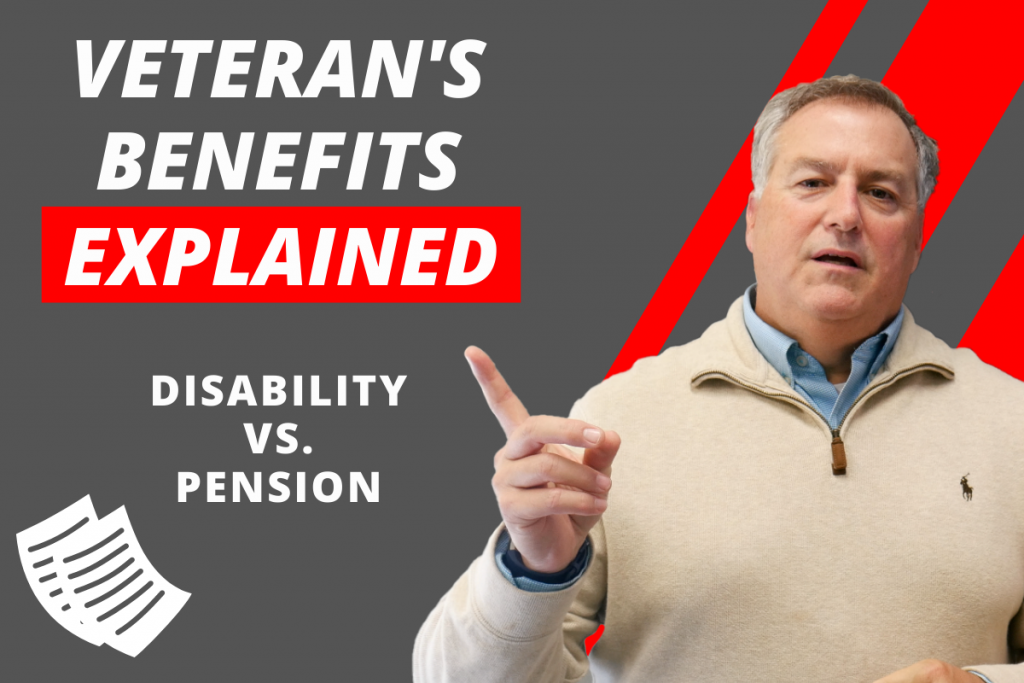Are you a veteran or the spouse of a veteran? If so, you may be eligible for Disability Indemnity Compensation or Aid and Attendance benefits to assist with the costs of daily living. These benefits can be obtained based on specific qualifications that you must meet. Those qualifications are set by the US Department of Veterans Affairs and can be quite difficult to understand for most folks. As such, we wanted to take this opportunity and explain the different types of benefits for which you may be eligible.
Disability Indemnity Compensation (DIC)
Disability Indemnity Compensation, often abbreviated as DIC, is a benefit for veterans and dependents of veterans who have experienced or are experiencing an injury as a result of their service. This injury can be one that affects the mind or body and the benefit requires that you served on active duty, active duty for training, or inactive duty training. This can be be an injury that occurred in-service or after service.
If you have a service-connected injury or sickness that occurred during your service, that is considered an “inservice disability claim.” If you have a service-connected injury or sickness that occurred prior to joining the military but was exacerbated due to your service, that is considered a “preservice disability claim.” And if you have a disability or sickness related to your service but that didn’t appear until after your service, that is considered a “postservice disability claim.” All three these fall under the umbrella of disability indemnity compensation.
Aid and Attendance
VA Aid and Attendance is a benefit for veterans or veteran spouses that doesn’t have the injury or sickness requirement. Qualifications for this benefit are listed below:
- You must have served during a qualifying wartime period. Those time periods include World War II, the Korean War, the Vietnam War, and the Gulf War.
- You must require assistance with the activities of daily living including bathing, feeding, and dressing. This also applies to individuals who are bed-ridden a portion or all of the day.
- Your income must be lower than the maximum pension rate, which is approximately $1,800 a month. Deductions to your income may be made based on medical expenses and other monthly expenses you have, which will improve the likelihood of qualification.
- Your total assets must be less than $130K, although there are certain exclusions from those assets that we can deduct to help you meet that criteria.
So whether you experienced a service-related injury or you require financial assistance based on the qualifications above, you are likely eligible for VA compensation. If you’d like assistance with the application process and understanding the qualifications better, please don’t hesitate to give us a call (229-226-8183) or complete this online request form. Thank you for your service!
If you’d like to see this information explained in video format, you can watch it below:

